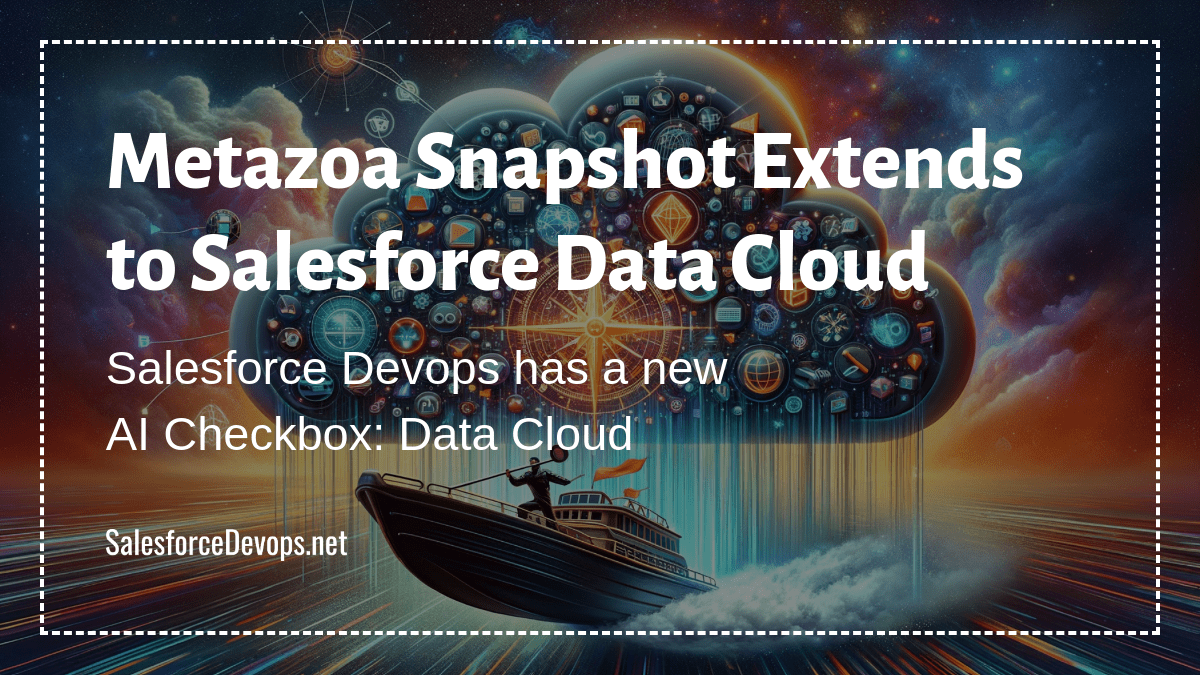Salesforce Unveils Unified Knowledge to Enhance AI-Powered Customer Service
Salesforce has announced Unified Knowledge, a new solution that aims to bring in a wider range of external, unstructured data into AI workflows. Unified Knowledge enables organizations to connect various data sources, including third-party systems, and seamlessly integrate them into Einstein 1 Platform. By leveraging AI-driven insights from this unified data, service agents can deliver faster, more personalized customer experiences. To bring this vision to life, Salesforce has partnered with Zoomin Software, a leading provider of knowledge orchestration solutions.
“With Unified Knowledge, we’re helping companies break down data silos and unleash the full potential of AI to transform customer service,” said Kishan Chetan, EVP and GM of Salesforce Service Cloud. “By integrating knowledge from across the enterprise and delivering it in the flow of work, we’re empowering agents to resolve cases faster and deliver more personalized experiences at every touchpoint.”
Table of contents
What is Unified Knowledge?
Unified Knowledge is designed to bridge the gap between disparate enterprise data sources and Salesforce’s AI-powered service tools, such as Einstein for Service. The solution collects information from various third-party systems, including content management platforms like SharePoint and Google Drive, collaboration tools like Confluence and Jira, and other enterprise applications. This data is then integrated into Salesforce’s knowledge base, creating a centralized repository of information that can be leveraged by AI models to generate accurate and relevant responses to customer inquiries.
Key features of Unified Knowledge include:
- Connectors for popular enterprise data sources, including SharePoint, Google Drive, Confluence, Jira, and more.
- AI-powered knowledge article tagging and categorization for improved searchability and discoverability.
- Integration with Einstein for Service, enabling agents to access AI-generated answers and recommendations directly within the Service Cloud console.
- Compatibility with other Salesforce Clouds, including Sales Cloud, Field Service, and Commerce Cloud.
Unified Knowledge is currently available in beta for customers using Service Cloud Unlimited Edition, Einstein 1 Service Edition, or Knowledge Add-On. General availability is planned for June 2024, with additional connectors and enhanced Data Cloud integration on the roadmap.
The Disconnect Between AI Investments and Outcomes
Despite the growing interest in AI-powered customer service, many organizations struggle to realize the full potential of their investments. A staggering 79% of service teams are investing in AI to support their agents, yet 76% of executives report difficulties in scaling AI initiatives effectively. This disconnect can be attributed to data silos and disparate systems that hinder the development and deployment of AI solutions.
As Chetan explains, “The biggest problem with AI projects is data. There’s a significant difference between consumer-oriented AI and business AI, where having the right data is essential. Getting all this data together, organizing it, and making it meaningful for a service rep or a customer becomes super crucial.”
Unified Knowledge aims to address this challenge by providing a framework for integrating enterprise data sources and making them accessible to Salesforce’s AI models. By breaking down data silos and creating a unified knowledge base, organizations can unlock the true value of their AI investments and drive measurable improvements in customer service metrics, such as first contact resolution rates, average handle times, and customer satisfaction scores.
Enhancing Salesforce Einstein for Service
Einstein for Service, Salesforce’s AI-powered service solution, has been at the forefront of transforming customer support operations. With capabilities like case classification, routing, and recommendations, Einstein has already demonstrated its potential to streamline service processes and improve agent productivity. However, the effectiveness of these AI models is highly dependent on the quality and accessibility of the underlying data.
Unified Knowledge enhances Einstein for Service by providing a richer, more diverse dataset for training and inference. By incorporating knowledge from third-party sources, Einstein can generate more accurate and contextually relevant recommendations, enabling agents to resolve cases faster and more effectively.
“What powers AI in service is knowledge,” Chetan emphasizes. “If you don’t have the right knowledge or information about the product or process, all these experiences fall short. That’s why Unified Knowledge plays a central part in becoming an AI CRM for service.”
This integration also extends Einstein’s capabilities to new use cases, such as:
- Knowledge-enabled chatbots that can draw upon a wider range of information to answer customer queries.
- AI-powered search and recommendations for self-service portals, empowering customers to find the answers they need without engaging an agent.
- Intelligent knowledge management for field service technicians, providing them with real-time access to relevant documentation and troubleshooting guides.
Zoomin Partnership
To power the data integration capabilities of Unified Knowledge, Salesforce has partnered with Zoomin Software. Zoomin’s knowledge orchestration platform enables organizations to connect, harmonize, and deliver knowledge from any source to any touchpoint. Through this partnership, Salesforce customers can leverage Zoomin’s pre-built connectors and APIs to quickly integrate their enterprise data sources with Salesforce’s knowledge base.
While the Zoomin partnership brings powerful capabilities to the table, it also raises questions about Salesforce’s long-term strategy for knowledge management. By relying on a third-party provider for critical data integration functionality, Salesforce risks becoming overly dependent on Zoomin and losing control over a key aspect of the Unified Knowledge solution. Although the current integration extends down to the Knowledge Object level, and tighter Data Cloud integration is on the roadmap, some customers may be concerned about the lack of a fully native solution.
Spreading Tendrils
Salesforce’s Unified Knowledge represents a significant step forward in the company’s mission to democratize AI and empower service organizations to deliver exceptional customer experiences. By addressing the challenges of data silos and disparate systems, Unified Knowledge enables organizations to harness the full potential of their AI investments and drive measurable improvements in service metrics.
As Chetan sums up, “Unified Knowledge is one of those extremely important parts of AI. Without knowledge, you can’t power AI in a meaningful way for customer service. It’s a big part of our investment and a continued area of focus for us.”
However, the partnership with Zoomin Software also highlights the complexities and trade-offs involved in building a comprehensive AI-powered service solution. As Salesforce continues to evolve its knowledge management capabilities, it will be important to strike the right balance between leveraging third-party expertise and maintaining control over core functionalities.
Nonetheless, Unified Knowledge is poised to have a significant impact on the customer service landscape. As more organizations adopt the solution and integrate their enterprise data sources, we can expect to see a new wave of AI-driven innovations that transform the way companies engage with their customers and deliver value at every touchpoint.






